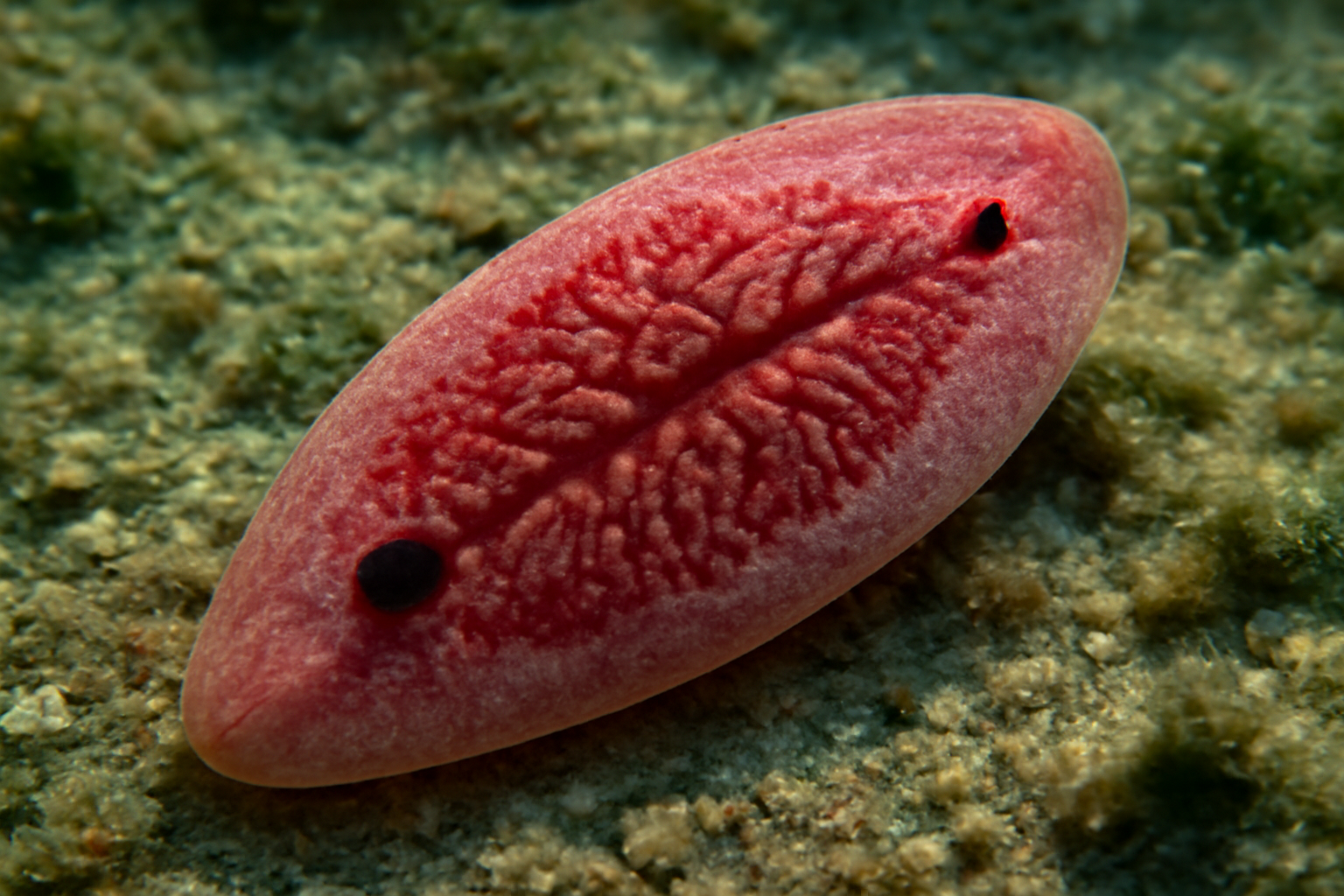Giant Intestinal Fluke [Fasciolopsis]

Description
Fasciolopsis is a genus of large parasitic flatworms that belong to the family Fasciolidae. The most well-known species within this genus is Fasciolopsis buski, the giant intestinal fluke, which is among the largest trematodes infecting humans. Primarily found in Asia, these parasites inhabit the small intestine of humans and pigs, where they attach to the mucosa and feed on the host's blood. Infection occurs through the consumption of aquatic plants or water containing the infective larval stages, which are encysted on these substrates. Fasciolopsis species have a lifecycle involving freshwater snails as the first intermediate host and various aquatic plants or water as vehicles for transmission to the definitive host. Their significant size, up to several centimeters in length, distinguishes them from other flukes and contributes to their pathogenicity.
Species

Giant intestinal fluke [Fasciolopsis buski]
View DetailsTaxonomy
| Phylum |
Flatworms
Platyhelminthes
|
|---|---|
| Class |
Trematoda
Trematoda
|
| Order |
Digenetic Flukes
Digenea
|
| Family |
Fasciolidae
Fasciolidae
|
Statistics
- Species 1